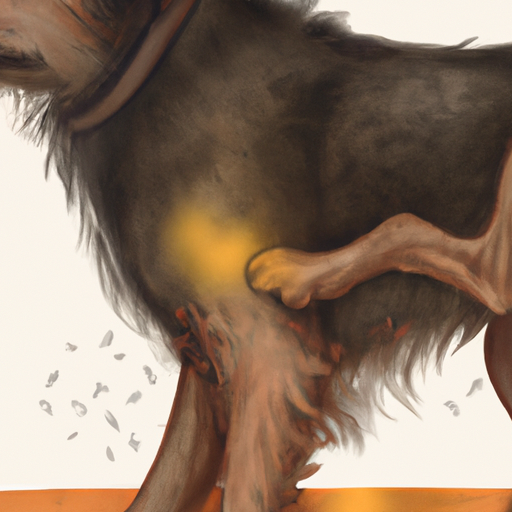As a dedicated caregiver, understanding your furry friend’s health is crucial. In this article, we will delve deep into the topic of ringworm in dogs. We’ll cover what causes it, how it’s diagnosed, how it’s treated, preventive measures, and some frequently asked questions.
1. Understanding Ringworm
Ringworm, contrary to its name, is not a worm but a fungal infection. The term “ringworm” refers to the ring-like patches that can appear on the skin. In dogs, it’s typically caused by three types of fungi: Microsporum canis, Microsporum gypseum, and Trichophyton mentagrophytes.
2. Causes of Ringworm in Dogs
Ringworm is highly contagious and can be transmitted in several ways:
- Direct Contact: Your dog can get ringworm by directly contacting an infected animal or person.
- Indirect Contact: The fungi causing ringworm can survive on objects like brushes, bedding, furniture, and even soil. If your dog comes into contact with these, they may get infected.
- Broken Skin: If your dog has any cuts or wounds, these can provide an easy entry point for the fungi.
3. Diagnosis of Ringworm
The diagnosis of ringworm in dogs is typically done through:
- Physical Examination: The presence of circular lesions on your dog’s skin may indicate ringworm.
- Microscopic Examination: Your vet may take a sample of your dog’s hair or skin cells to examine under a microscope.
- Fungal Culture: This is the most definitive way of diagnosing ringworm. It involves culturing a sample on a special medium to see if the fungi grow.
4. Treatment and Prevention
Treatment of ringworm in dogs often involves:
- Topical Therapy: This includes shampoos, creams, or lotions that contain antifungal ingredients.
- Oral Medication: For severe or widespread infections, oral antifungal medication may be prescribed.
- Environmental Decontamination: This involves thoroughly cleaning and disinfecting your home to eliminate any residual fungi.
Prevention is key, and you can help prevent ringworm by:
- Regularly cleaning and disinfecting your dog’s environment
- Keeping your dog’s skin and coat healthy
- Not sharing grooming tools between pets
5. Frequently Asked Questions
Q: Can I catch ringworm from my dog?
A: Yes, ringworm is zoonotic, which means it can be transmitted from animals to humans.
Q: How long does ringworm last in dogs?
A: With proper treatment, most cases of ringworm in dogs are resolved within a few weeks.
Q: Can ringworm go away on its own?
A: While minor cases might resolve on their own, it’s best to seek veterinary treatment to prevent spreading the infection.
Q: Is ringworm in dogs a serious condition?
A: While not typically life-threatening, untreated ringworm can lead to secondary infections and can be spread to other pets and humans.
Remember, your vet is always the best source of information when it comes to your pet’s health. Don’t hesitate to reach out if you have any concerns or questions.



